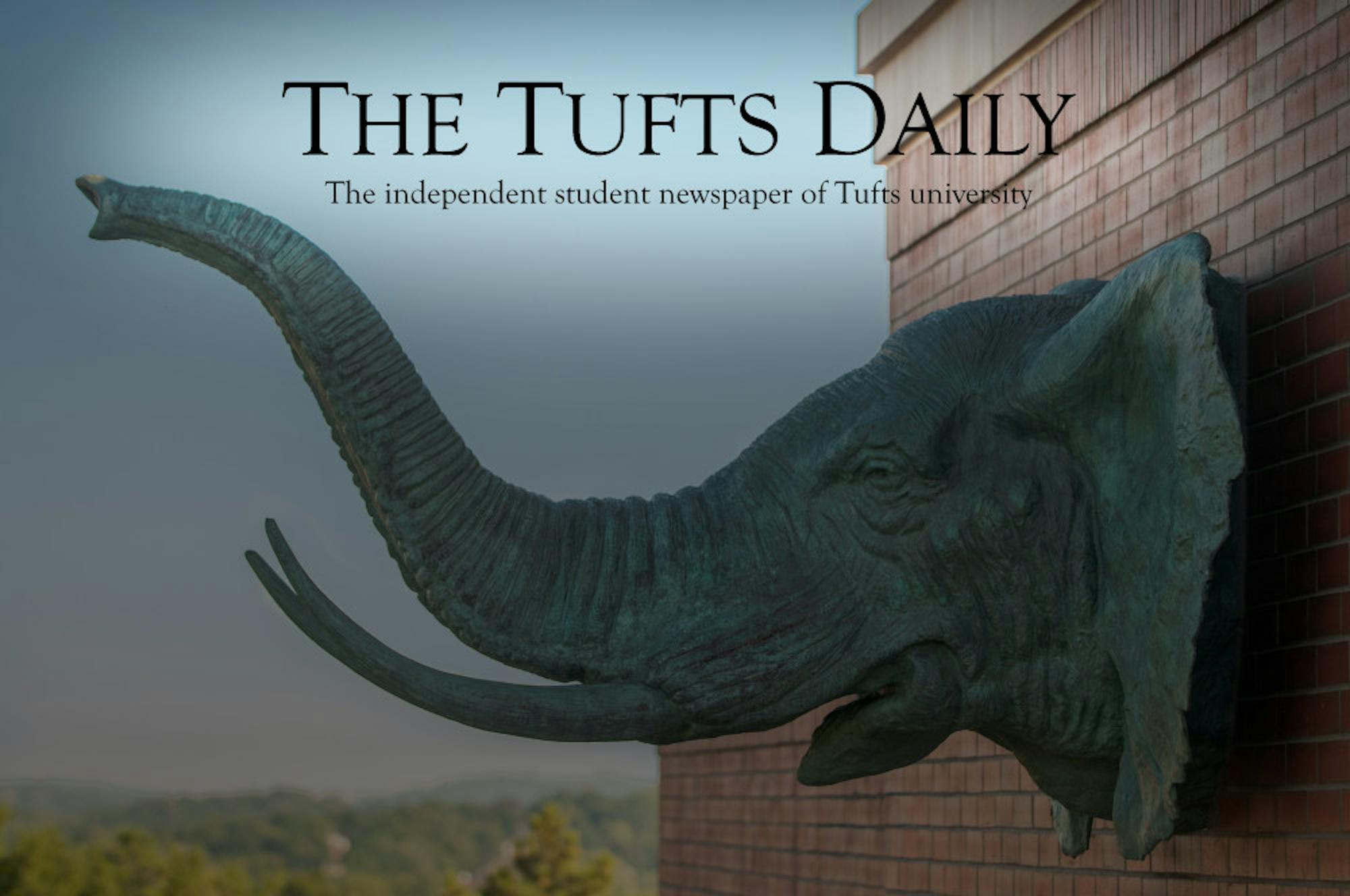Two new versions of “Romeo and Juliet” debuted this fall — one on the Broadway stage and the other on the big screen. The theater edition attempts to insert some superficial novelty by casting the star-crossed lovers as an interracial couple (played by Orlando Bloom and Condola Rashad). The film interpretation, on the other hand, is almost entirely lacking in originality.
Though Julian Fellowes, the award-winning writer of “Gosford Park” (2001) and the British TV series “Downton Abbey” (2010-present), alters the script, most of his edits will only be noticeable to a Shakespearean scholar. Fellowes should stick to writing his own dialogue — such as the delectable lines that Maggie Smith delivers in “Downton Abbey” — rather than trying to outsmart the long-deceased Shakespeare. Silence can be a valuable tool in creating subtleties, but Fellowes stuffs nearly every on-screen moment with speech.
Italian director Carlo Carlei chose to film on location in and near Verona, Italy. However, he takes little advantage of the beautiful scenery available, and besides some lovely wall frescoes, the cameraman rarely indulges the viewers visually. Instead, the film cuts sharply from scene to scene without so much as a single optical interlude. As a whole, the film lacks any degree of subtlety. At one point, a shot of the two lovers after their secret wedding cuts directly to a fiery Tybalt preparing his weapons. Romeo and Tybalt’s duel, another poorly executed moment, resembles an action scene from a made-for-TV movie.
Romeo, played by Douglas Booth, initially appears in an artist’s studio. Many girls will sigh at the angelic curls that frame his face, but Booth plays a dull Romeo. Opposite him is 16-year-old Hailee Steinfeld as Juliet. According to Carlei, Steinfeld was cast due to her incredible performance in “True Grit” (2010). Her face has not completely lost its childishness, but now her innocent features are balanced by a more mature posture. Booth and Steinfeld are relatively inexperienced actors and closer to the characters’ actual ages than Hollywood usually permits. Unfortunately, this fails to produce the fresh vitality that one might hope for, instead giving audiences the impression that they are actors in a high school play. Their chemistry simply does not compare with Leonardo DiCaprio and Claire Danes’ in Baz Luhrmann’s “Romeo + Juliet” (1996). Moreover, Carlei doesn’t add anything to the lovers’ personalities that might make them unique or quirky. Shakespeare’s play leaves room for nuance, if only the director can create it. In this film, Romeo and Juliet are shadows of young lovers and nothing more.
Romeo’s cousin and right-hand man Benvolio (Kodi Smit-McPhee) is endearingly young like the other actors. Unlike his co-stars, Benvolio’s character is more fully realized — his pain is incredibly tangible when he discovers that he has lost his closest friend. However, the other members of the supporting cast fail to deliver similarly impressive performances. Ed Westwick, best known for his performance as Chuck Bass on “Gossip Girl” (2007-2012), horrendously overacts as Tybalt (although he should be commended for mastering the nostril flare). Damien Lewis of “Homeland”(2011-present) appears as the commanding Lord Capulet, complete with a wig — made seemingly of his own hair — that is more distracting than authentic. Lewis’s performance, although believable, sometimes feels forced and contrived. And Friar Laurence, played by Paul Giamatti, is a tragic figure, forced to watch as his prophecy — “these violent delights have violent ends” — comes to fruition.
The most interesting narrative change surrounds the undelivered letter that results in the death of the title characters. In this version, the messenger stops to save a dying child. This ethical dilemma raises a few questions: Is one life more important than another? Did the lovers die for a good cause? The small alteration transforms a fatal error into an exchange of two lives for one. Indeed, there is some optimism here — maybe the doomed lovers did not die for naught.
Although the intention of this film was to share Shakespeare’s “Romeo and Juliet” with today’s generation, there are only a few slight adjustments that make the script more accessible to a younger audience. Everything about the film — from the acting choices to the musical score — feels regurgitated. There is just something about the classic tale itself that no longer seems plausible. Whether in a masquerade ball or a college party, a hookup does not result in marriage. Carlei’s ultimate failure is that he neglects to remind us why we should care about “Romeo and Juliet” today.






